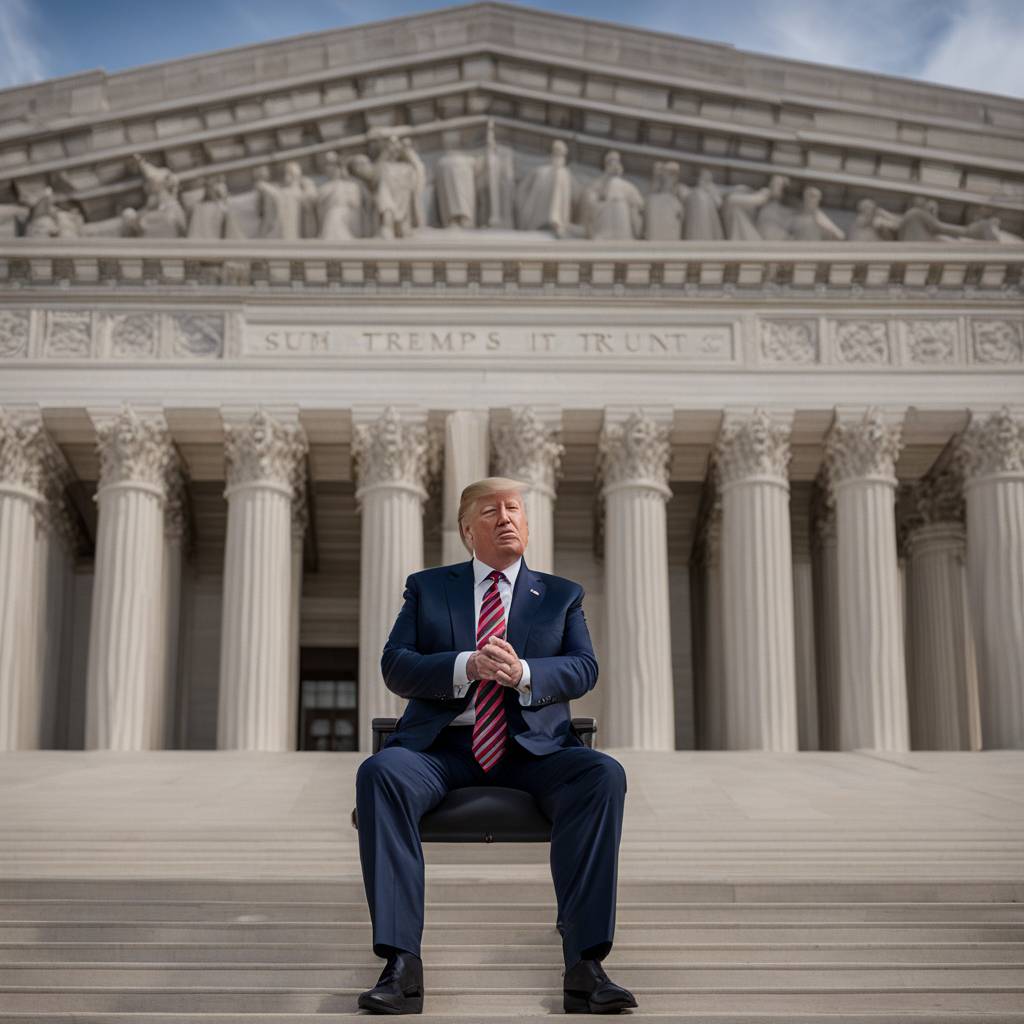Special counsel Jack Smith is prosecuting former President Donald J. Trump on charges of plotting to overturn the 2020 election. Smith urged the Supreme Court to reject Trump’s claim of immunity from prosecution, stating that no person, including the president, is above the law. Smith emphasized the gravity of the case and stressed the importance of upholding the legal principle that the president does not have the power to conspire to defraud the United States in the certification of election results.
The Supreme Court will hear the case on April 25 and must decide whether a former president enjoys immunity from prosecution for alleged conduct during his time in office. Lower courts have already rejected Trump’s claim of complete immunity, indicating that Trump, as a former president, does not have lifelong immunity from criminal prosecution. Smith referenced the 1974 Supreme Court decision in United States v. Nixon, which held that President Nixon had to comply with a trial subpoena, rejecting his claims of executive privilege.
Trump’s lawyers called upon a different case involving Nixon to support their argument for immunity in criminal cases. However, Smith argued that the precedent set by this case did not apply to the current situation involving Trump’s alleged involvement in federal criminal law violations. The stakes of the case are described as enormous by Smith, who noted the severity, range, and democracy-damaging nature of the alleged crimes, which are said to be unique in American history.
If the Supreme Court rules definitively against Trump, the trial may not start until at least the fall, which could impact the 2024 presidential campaign. Trump could potentially order the Justice Department to drop the charges if he wins the election. The court’s decision will determine the extent to which a former president can be prosecuted for conduct alleged to involve official acts during his tenure in office, which could have significant implications for future presidential immunity cases.
The case of Trump v. United States is one of three concerning Trump and the charges against him on the Supreme Court’s docket this term. Last month, the justices rejected a challenge to Trump’s eligibility to hold office, and next week, they will hear arguments over the scope of charges against him in the federal election interference case. The outcome of the case will have far-reaching implications for presidential immunity and the rule of law in the United States.


